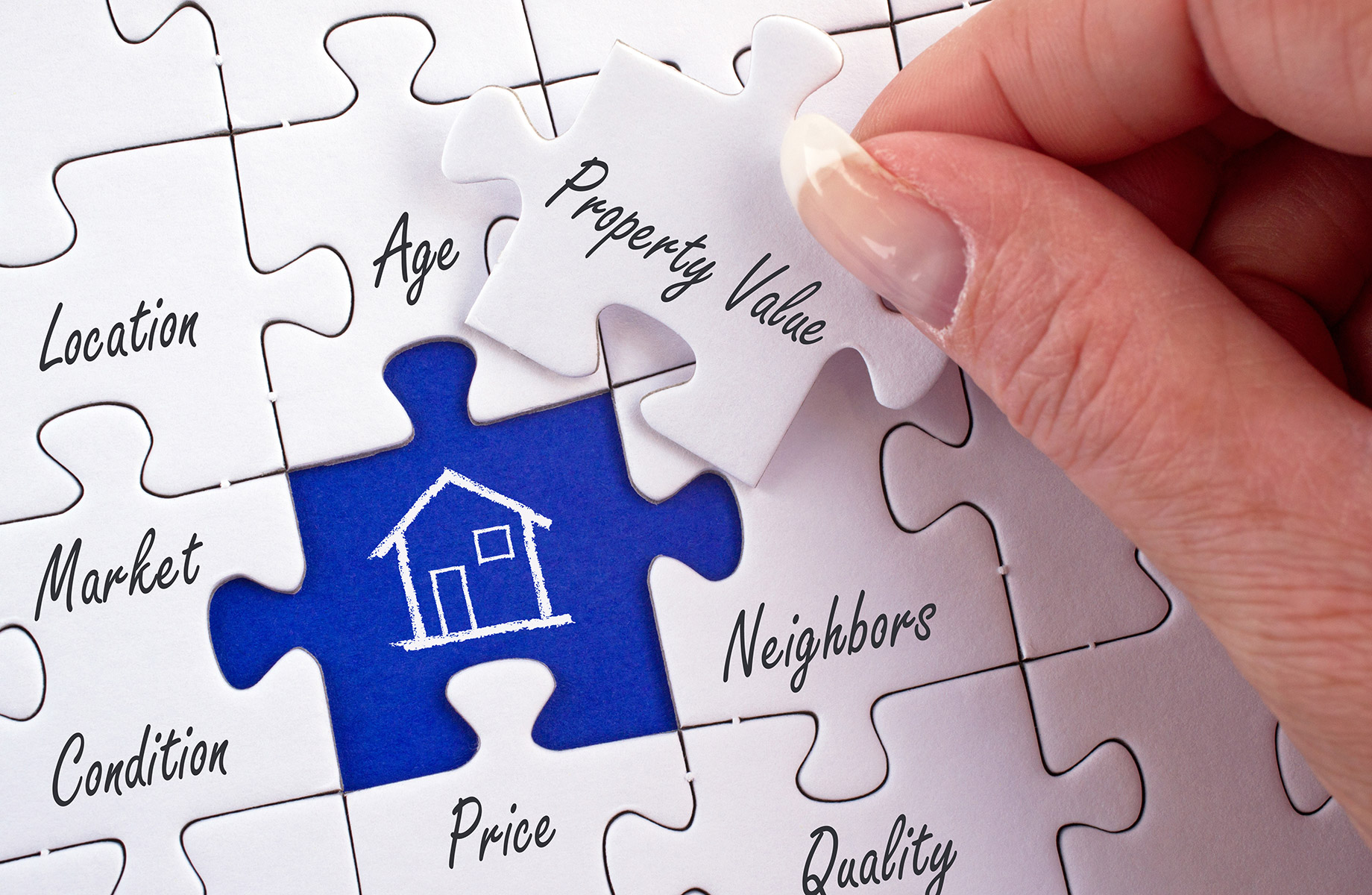
Investing in a commercial property can help you gain a reliable revenue stream for years. While it requires high investment costs, properties also tend to increase in value over time, so you’ll get more than what you paid for in the long run.
If you’re mulling over spending your savings to buy a property, it pays to know the smart ways to choose an asset. Purchasing property requires basic knowledge of how the market works and studying all the investment options that may suit your situation. Read on to learn more about some best practices before spending on any income-generating property.
1. Determine Your Investment Goals
What do you want out of your investment? Are you looking to get a high-yielding asset? Are you open to securing a loan for a property you’re eyeing?
All of these factors should be looked into before you make your move. If you have enough cash and don’t think you need high amounts of disposable income anytime soon, consider buying the property in cash. On the other hand, if you don’t have enough funds on hand and are looking to get a lower but reliable income from the property on a regular basis, apply for a mortgage loan.
Investing in cash for a property may provide you with a higher income. But if you’re buying it for the sake of eventually selling it, you may have to wait a few months before getting a return on investment (ROI) for your property. Comparatively, if you’re planning on renting out the property, acquiring the asset through financing may prove to be a better choice.
“It’s crucial to remain conscious of the realities of owning rental properties too. Overheads, voids, and a range of other costs all come into play, meaning the headline figures you may come across are often not what they may seem,” comments James Durr of house-selling fast company (in the UK) Property Solvers.
2. Check Your Financial Status
Before spending your hard-earned money on investments, make sure you have sound financial status. While some investors would encourage you to apply for a mortgage, this may be a risky proposition to novice investors. Anyone who has outstanding student or medical debts, including those preparing to send their kids to college soon, should avoid incurring more debt.
Industry standards reveal that lenders prefer a 36% debt-to-income (DTI) ratio for borrowers, with a maximum of 28% going to mortgage repayments. Anything higher will give you inadequate elbow room for contingencies. Besides, your credit score is a major requirement for loan applications. If you don’t have favorable credit standing, you might not get the investment money you’re hoping for.
If your credit score is holding you back from obtaining favorable loan terms when investing in property, consider exploring avenues to improve it. When you’re confident in securing the best mortgage deals, you can strategically manage your expenses and grow your portfolio. Additionally, a credit card in the UK can assist borrowers in boosting their creditworthiness by responsibly managing their debts and making timely payments.
3. Assess The Property Well
The real estate outlook for 2021 is somewhat mixed. Overall, it states that the slight dip in 2020 due to the pandemic could last well until the early part of 2021. But there’s a light at the end of the tunnel, as some predict that the market will slowly rebound toward the end of the current year.
Pandemic or no pandemic, a wise investor should know the factors that make a high-value property. Contrary to popular notion, the physical attributes of a home aren’t enough to make it a good candidate for value appreciation. Rather, it’s the land that allows a property to increase in value over time.
Why? It’s because a property’s physical appearance will deteriorate. On the other hand, land always increases in value, especially if the community it’s in becomes progressive. As developments dot the area, land becomes a scares commodity, driving its prices up.
Similarly, consider investing in a property in an area with low property tax rates, a multitude of amenities, and offers easy access to essential facilities such as schools, hospitals, and malls.
4. Remember That Location Is Everything
Location is one of the major considerations when it comes to property investing. Properties situated in the heart of the city are understandably priced higher compared to those in the suburbs.
Relatively, it may be better to purchase a property in an emerging economic hub while prices are still affordable. When developments go full blast in these localities, you’ll find that property prices will go through the roof, too. The UK is the perfect location for such an investment.
Take note of areas where new schools, government offices, public infrastructures, and condominiums are expected to rise since these are strong indicators of a great property investment opportunity. As jobs are created, and the population increases in an area, so does the demand for housing and other forms of accommodation.
5. Consider 1031 Exchange In Property Investing
This alternative way of investing in a property is named after a particular section in the United States Internal Revenue Code that allows real estate investors to defer capital gains tax on the proceeds from a property. Instead of paying the said taxes, an investor can purchase another property of the same kind with the same value or higher.
A 1031 exchange requires that an investor exchange a property—for instance, a rental for another rental. Simply put, the rules only cover commercial or investment properties. You can’t sell the property to buy a new home for your family to reside in.
There are a few more restrictions in this exchange program. For instance, there’s a 45-day time frame for you to find a replacement property, or the property you wish to ‘buy.’ And in the event that your exchange fails, you’ll be asked to pay taxes, which can hurt your investment funds.
Since a 1031 exchange can be complex, you’d have to check with the IRS for specificities, including all the rules and steps involved. Otherwise, specialists from companies like Peregrine Private Capital can help you carry on with the program seamlessly.
Real estate investors can take this route to defer hefty tax payments by using their current property’s equities and profits to get another investment property with the potential to create additional revenues.
6. Calculate Your Expected Returns Properly
Once you have your eyes set on a specific investment property, try to figure out what your expected returns are. The expected return is typically arrived at after studying the performance of the investment asset within a specific period.
Take, for instance, a property investment with a 30% probability of generating a 20% ROI, a 60% probability of generating a 10% return, and a 10% probability of having a 5% loss (all three probabilities should add up to 100%). The expected return should be calculated as follows:
Expected return = 0.3(20%) + 0.6(10%) + 0.1 (-5%)
= 6% + 6% – 5%
= 7%
This means your average expected return for the property in question is 7%.
According to industry estimates, investors should aim for a 10% investment return. But considering the current economic climate, earning 6% on your first year as a property rental owner is good enough. In comparison, bonds are capable of paying off roughly over 4% and stocks more than 7% on your investment.
7. Determine Your Operating Expenses
Apart from expected returns, a smart investor should consider the operating expenses for a new property. Most rental owners, for instance, anticipate a high 50% of operating income for operating expenses. Operating expenses could range from 35% to 80% from the gross operating income.
Most of these costs are allocated for property maintenance and upkeep. An aging property or assets located in areas prone to natural disasters require higher maintenance costs. Landscaping, preventive maintenance, and minor repairs are included in those expenses. Expect to pay other fees such as homeowners insurance, association dues, and property taxes as well.
If you’re new to property investing, avoid buying assets in poor physical condition. These properties require major repairs that can prove to be costly, so you might end up losing money due to exorbitant rehabilitation fees. When a dilapidated but cheap house is up for sale, resist the urge to buy it unless you know a company that can take on large-scale renovation projects at low costs. Your best investment choice is an affordably priced commercial property that needs minor or moderate home repairs.
8. Place A Higher Down Payment
If you’re planning to purchase an investment property through a loan, get ready to raise at least 20% of the total selling price. Unlike home mortgage loans, an investment property financing requires more stringent requirements. You can also get a property down payment through a personal loan and have better chances of approval if you have high credit scores.
If the lending institution is flexible, you may reduce your monthly payments on your business mortgage property by increasing your down payment. This pulls up your investment returns, allowing you to get positive margins.
9. Look Into Real Estate Investment Trusts
If you want to invest in the real estate sector without going through the hassle of looking for, buying, managing, and maintaining a physical property, consider investing in real estate investment trusts (REITs). These companies purchase and own as well as manage income-generating real estate properties. They operate similarly to mutual funds and therefore gather capital from several REIT investors. You don’t have to shell out high amounts of cash in order to invest in properties and earn dividends from the income earned by these companies.
Before investing, you’ll be asked to open a brokerage account. After placing your investment, you’ll earn dividends typically after every quarter.
The Bottom Line

When it comes to real estate investments, it pays to know your investment goals and to keep your expectations modest. The real estate market is volatile, so don’t expect high returns right away, especially if you’ve chosen to rent out your asset.
More importantly, there are smarter ways to choose a good business property, as discussed earlier in this article. If you’re investing for the first time, consider hiring professionals to help you to make sure that your earning potential is optimized.